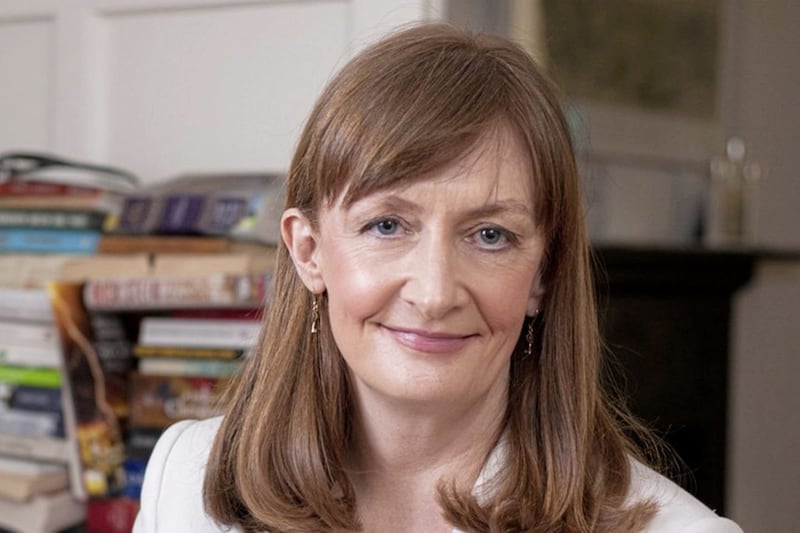WHEN reporting the awful, needless, miserable deaths of almost 800 babies and toddlers at a Catholic-run mother and baby home in Tuam, Co Galway it is easy to dismiss the shameful episode as a sin from a bygone era.
However, the truth is much more unpalatable.
The home only ceased to operate in 1961, the year my own mother turned 17. That was the same age as many of the young mums locked behind the walls of the institution and also the age I was when I found out I was pregnant with my son.
While I was cared for and my child adored by my family, the young women of my mother and grandmother's generation were ostracised and forced into joyless workhouses, their children forcibly adopted or dead within months from neglect.
So this isn't some historic event, but a very real indictment of Irish society and the attitude of the Catholic Church towards the so-called fallen women they deemed to be sinners - and let us not forget there were no institutions set up to 'punish' the men who played an equal role in these young women's pregnancy.
Ireland was - and still is - a patriarchal country, a place where the healthcare of women and the welfare of their children, came secondary to retaining the outward appearance of a moral, God-fearing society.
In the last week police have searched a number of premises looking for abortion pills, which remain illegal in Northern Ireland, and there are women currently being prosecuted for terminating crisis pregnancies.
It is a reminder that women are still subject to laws based on the morality or religious beliefs of the few, rather than on what's best for them.
The Mother and Baby Homes Commission of Investigation, which began test excavations at the site of the Bons Secours home for unmarried mothers last year, said earlier this month that "significant quantities of human remains" have been discovered in at least 17 of 20 underground chambers at the site.
Catherine Corless, the historian who made the grim discover at Tuam, was initially vilified by certain commentators who found it just too hard to accept that a religious order could behave in such a way as to dump the bodies of dead children in a septic tank.
The announcement by the commission of investigation earlier this month confirmed her research was accurate.
Ms Corless told RTE's Late Late show last week: "Every scrap of research I had done said that the children were buried on the home grounds."
She was given a standing ovation by the audience when she finished speaking.
And rightly so; a previous discovery of bones had been dismissed by authorities in the 1980s as Famine victims. However, Corless's maps and findings finally proved this couldn't be the case.
She carried on despite the constant obstacles in her way, paying €4 for each death certificate and, between 2011 and 2013, gathering a total of 796.
The figure means a toddler or baby was dying at the home at a rate of around one a fortnight throughout the 1950s. This was much higher that the general mortality rate of the time.
Earlier this week I received a call from a survivor of a similar type of institution. She told of young mothers dying of grief, unable to eat or sleep after their babies were taken from them shortly after birth. Some were locked in mental institutions with post-natal depression.
The living were not permitted to mention the dead or ask where they had gone; the emaciated bodies of young women were spirited from the home, there were never any official burials, their names never appeared on a gravestone.
Earlier this week a newspaper in Galway printed the names of all the children who died in the cold and loveless Tuam home, separated from their grieving and traumatised mothers, dumped in a mass unmarked grave.
These were children who were not even afforded a proper Christian burial by the 'women of God' who were tasked with their care.
Their names are not on any headstones. But the brevity of their lives does not mean their memory should not be cherished. Four-month-old twins Paul and Peter Morris, nine-month-old Mary Flaherty, two-year-old Rose Marie Murphy and wee Baby Byrne, who lived for just one day, and the other 791 babies and toddlers, should finally be given a proper burial and their names inscribed in marble as a reminder of Ireland's shameful past.







